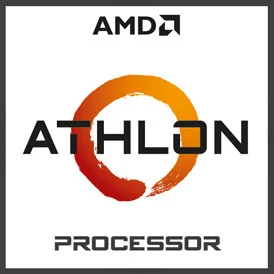Comparison of video cards. AMD EPYC Embedded 3351 vs AMD EPYC Embedded 3351 in benchmarks and specifications.
Comparison of video cards. AMD EPYC Embedded 3351 vs AMD EPYC Embedded 3351 in benchmarks and specifications.
 Reasons to consider
Reasons to consider  Reasons to consider
Reasons to consider  AMD Athlon 320GE
AMD Athlon 320GE

description_compare AMD Athlon 320GE and AMD EPYC Embedded 3351
CPU Cores and Base Frequency